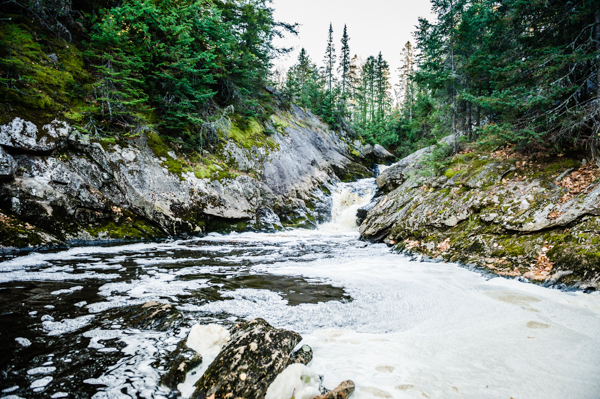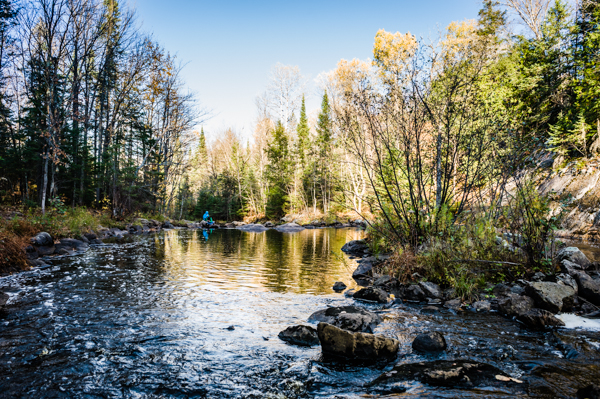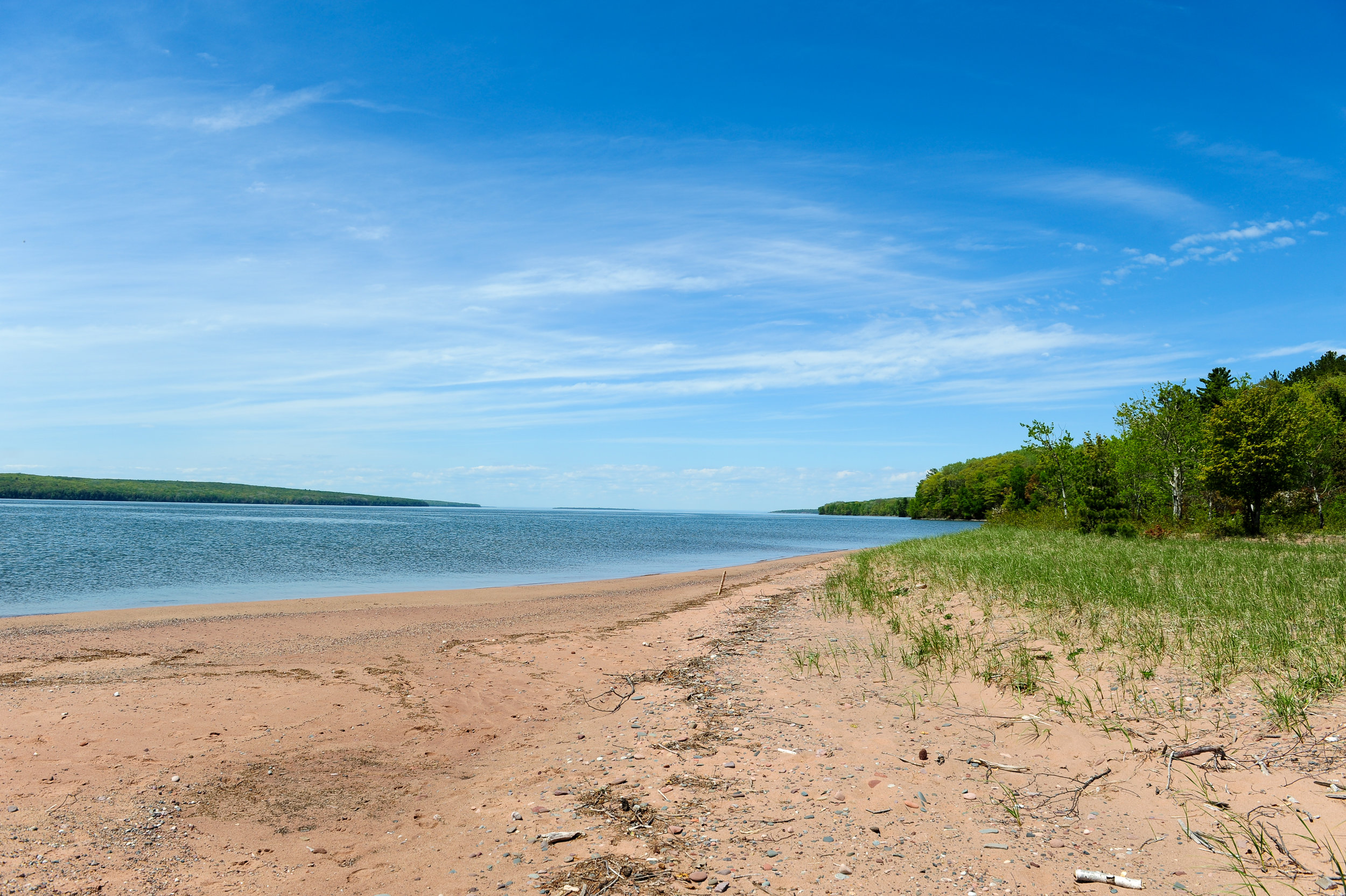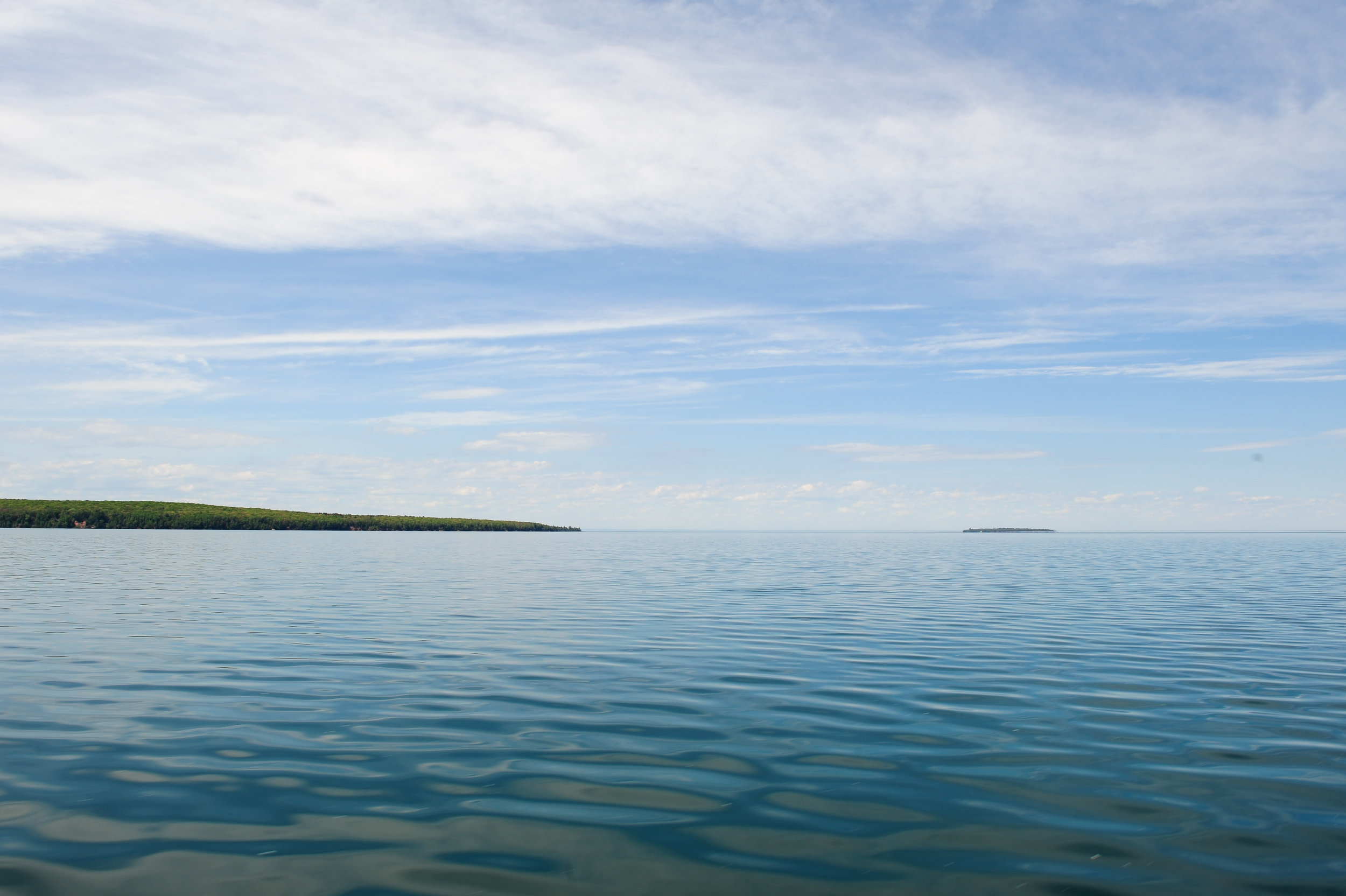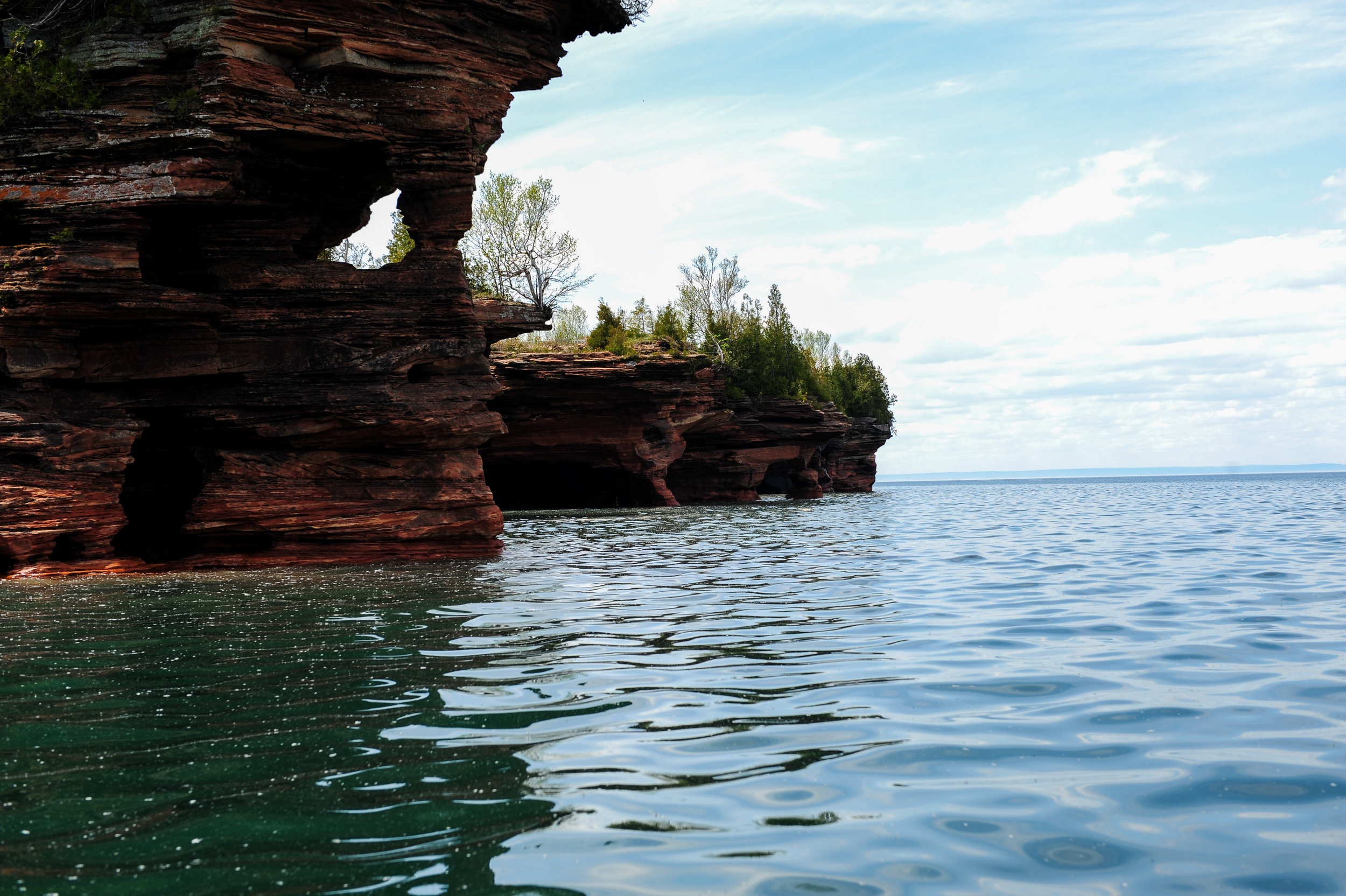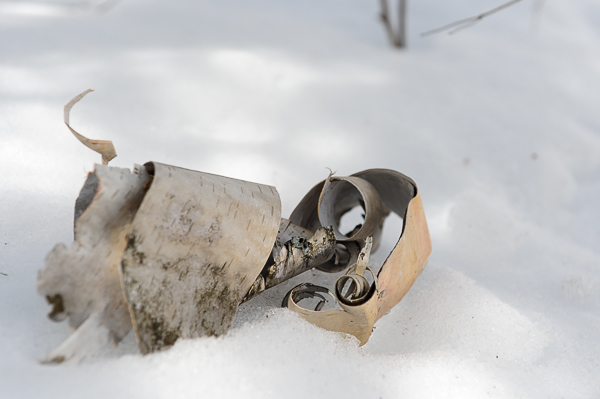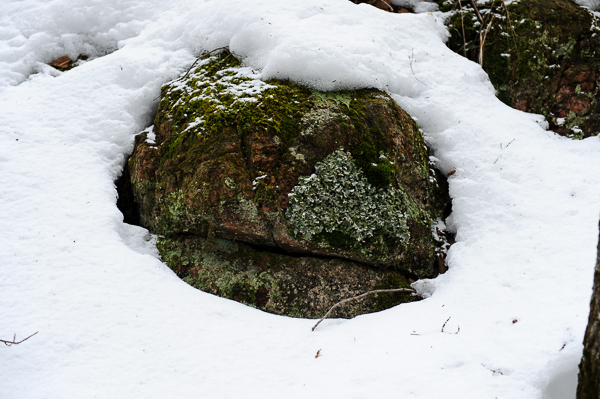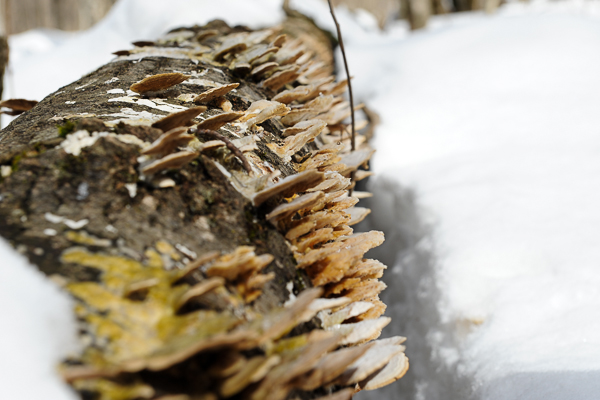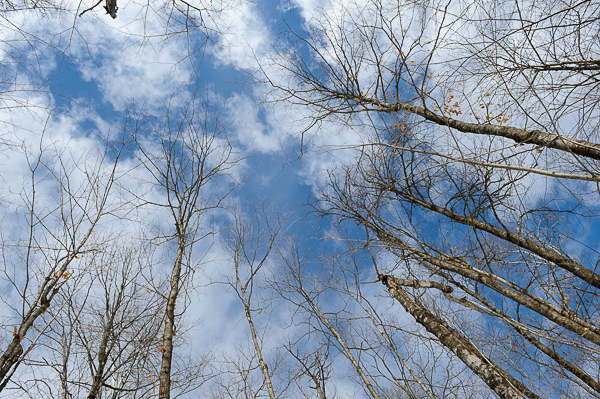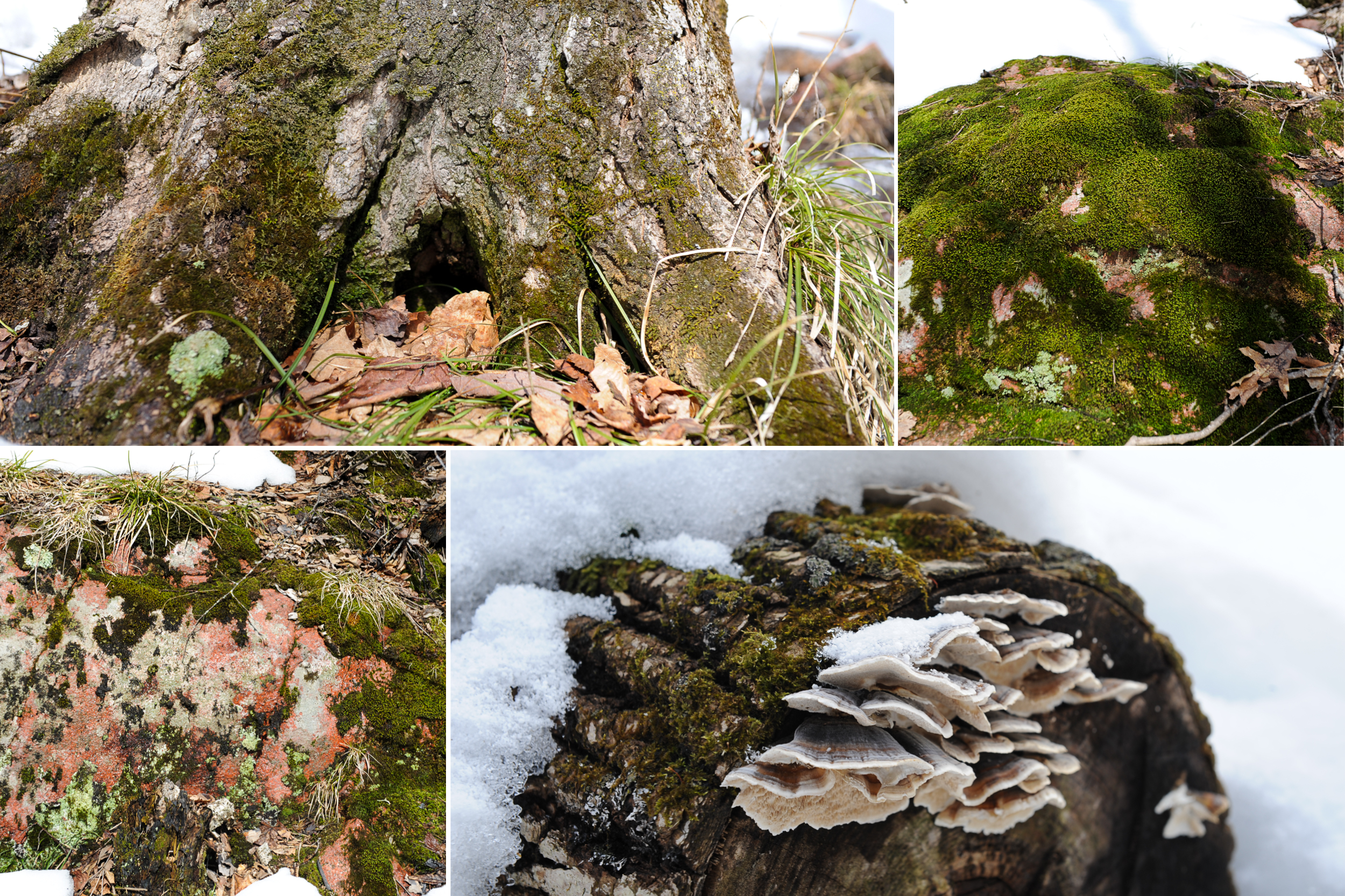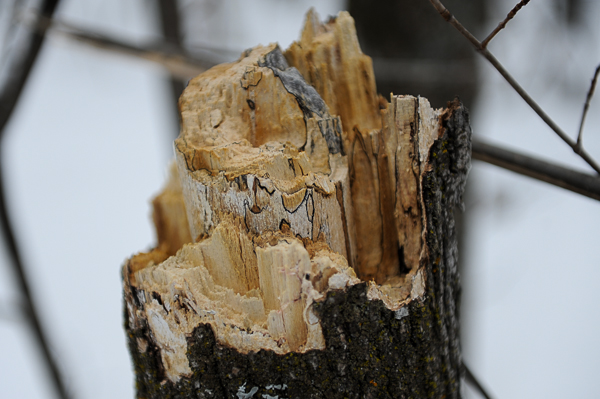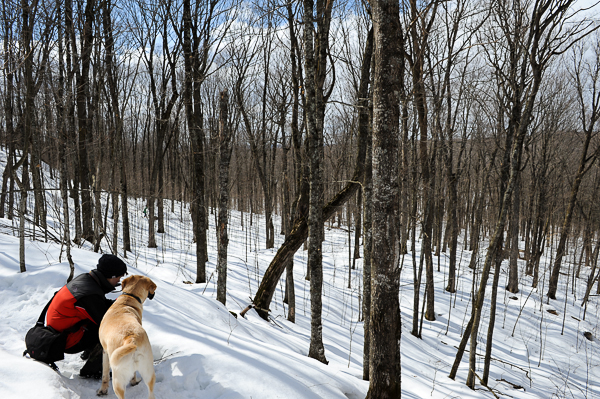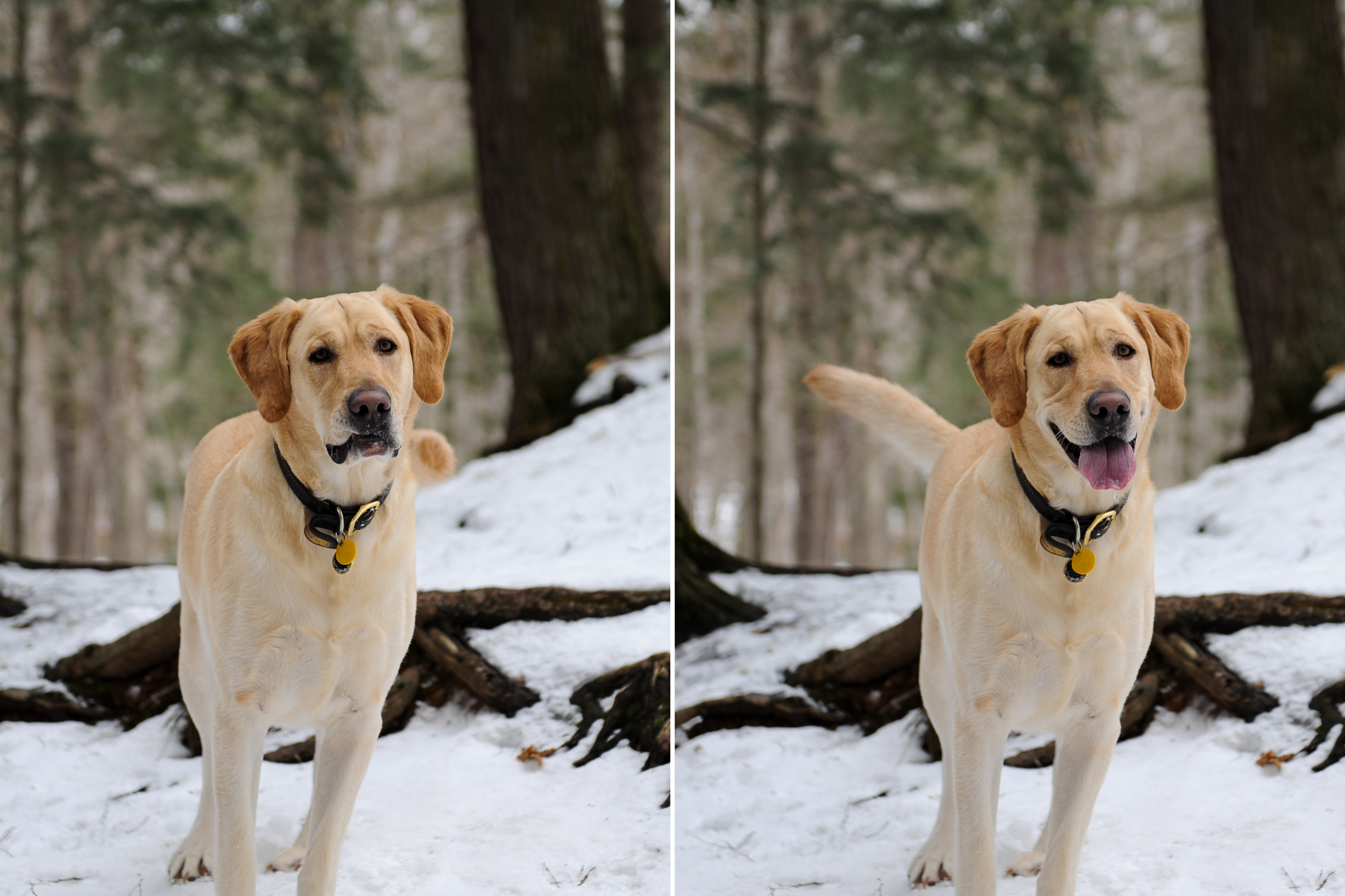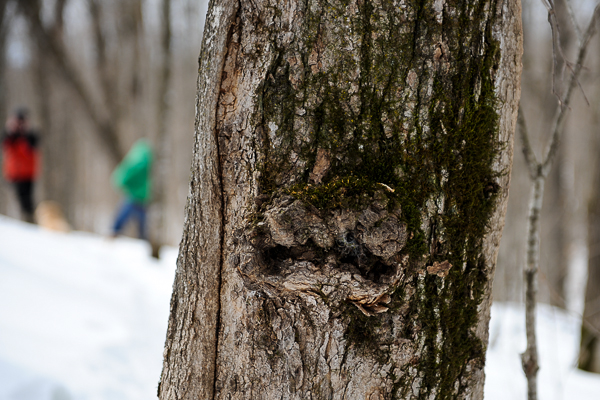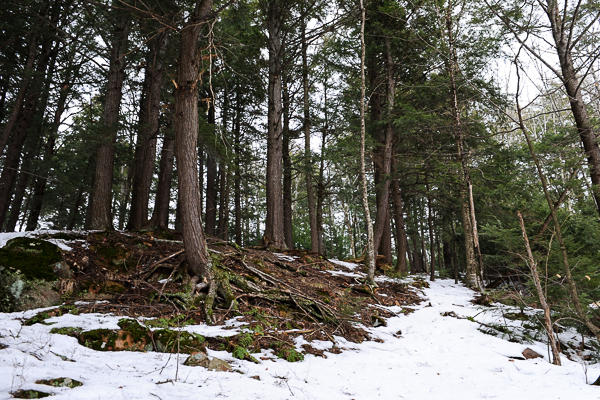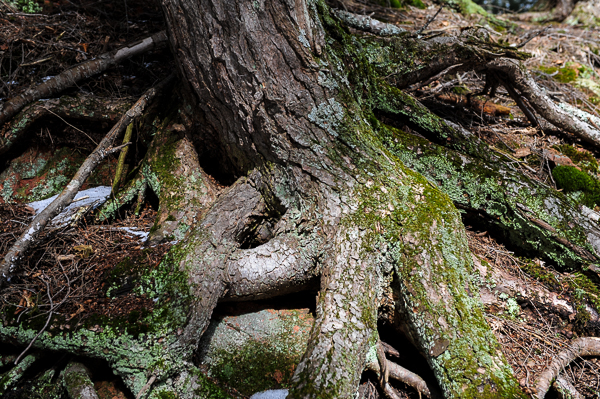There are, it seems, two muses: the Muse of Inspiration, who gives us inarticulate visions and desires, and the Muse of Realization, who returns again and again to say "It is yet more difficult than you thought." This is the muse of form. It may be then that form serves us best when it works as an obstruction, to baffle us and deflect our intended course. It may be that when we no longer know what to do, we have come to our real work and when we no longer know which way to go, we have begun our real journey. The mind that is not baffled is not employed. The impeded stream is the one that sings.
Wendell Berry
Will and I have visited quite a few waterfalls in the past year but Spring Camp Falls was one of the most lovely. We started the day headed towards Potato Falls but after failing to get close enough to the falls and climbing up the steepest river bank I've been on in 30 years (I'm terrified of heights), we decided to try and find Spring Camp Falls. I saw a description of it on the internet before we left and the sum total of what I remembered was it was outside of Hurley, somewhere. Since I knew how to get to Hurley, had a full tank of gas, at least 4 hours until dark and car full of adventurous people (and one yellow Lab)— we decided to drive until we got cell service, google the location, get directions and take a few photos. If only it was that easy.
After the hair-raising cliff climbing adventure, we thought ice cream would be the perfect way to fortify ourselves for the next waterfall hike. Except the DQ in Hurley was closed and, faced with a car full of nearly mutinous children, I turned towards Ironwood in search of another ice cream option. And then it hit me, the first place we stopped after I bought George (from a nice man in Bessemer) was the McDonald's on the highway. Since George was in the car, all grown up and handsome, taking a trip down memory lane at the McDonald's where he had his first french fry (he was a food hound from the moment he joined our family) was even more than physical fortification— it was a celebration of George. I was chattering away to the kids while Will looked up the location of the falls and in my excitement, I neglected to read the directions until we were out of cell phone range. Big mistake.
Here are the directions (from the Travel Wisconsin site):
'Heading south from Hurley on US 51, travel about 4.5 mi to County Road C. Turn right (west). About 1.5 mi west, the county road will take a sharp turn north-don't take that. Continue forward on the gravel road. About 1 mi, turn to the south, following the'
Following the...what?? Will and I, while I was driving down dirt roads to nowhere, tried to fill in the blank. Following the river, the yellow brick road, the pied piper, the big sign that says 'Spring Camp Falls this way'?? I hate asking for directions but it was getting late and after all this driving around, I wasn't going to let my bullheadedness get in the way of a waterfall photo safari. After a wrong turn into someone's deer camp (Meg had never seen a plywood stand with a toilet seat in the woods before), we took a right at an intersection with a bunch of signs on the corner. We drove and drove and drove until we finally saw an old man walking down the road. I stopped the car and asked if he lived around here, to which he answered, 'all my life, about 85 years'— at least I had enough luck to find a knowledgeable direction provider (unlike Travel Wisconsin). Back where we took a right (at the corner with all the signs), we should have taken a left. We thanked our kind direction giver and traveled back the way we came. Right back to the intersection with all the signs and the one sign we missed, 'Spring Camp Falls 1 mile ahead'.
Our day started out with Potato Falls as our destination and instead, we spent a couple of hours in the car driving through remarkably beautiful country, laughing about George stories, bickering about Will's music choices and breathing the same air, in the same space for a little while. As Berry said, 'It may be that when we no longer know what to do, we have come to our real work and when we no longer know which way to go, we have begun our real journey' and while a road trip to a waterfall is a small thing compared to finding my real work, I'm so glad we took the long way around.
Two themes that have played themselves over and over in my life's reel are surrender and acceptance. And believe me, my rudimentary understanding of those two words has been hard won. I don't like to ask for directions and I sure didn't ever want to surrender. Surrendering meant straying from the script I wrote, in my head, and allowing someone or something else to take the reins— not exactly my cup of tea (or more accurately, my glass of dry Spanish red wine). Except that when I did, because I was flattened by trying to orchestrate a life that had become unruly, I could take a breath without impediment. I knew whatever challenges, detours or roadblocks I encountered were there because I was ready for the next thing. The thing I hadn't even dreamed of yet.
It doesn't mean it's all rosy with rainbows and butterflies but it does mean the moment you think, 'I have no idea what the hell I'm doing' is the moment you are starting to do exactly what you should be. Obstacles are not deal breakers, they are a chance for re-calibration and to keep your eyes peeled for the sign that will lead you to your next destination. Impeded streams make the most beautiful music, especially when you have just come up for air after a ride down the waterfall.
On the 'wrong turn' portion of the photo safari, we discovered the Giles Flowage and we chose a route back to Bayfield that took us through it again so we could scout it out. Charlie and I got out to take a few last photos and I got my favorite shot of the day— Charlie capturing the sunlight on the water. Thank God for wrong turns, detours, kids with cameras and of course, yellow Labs.





